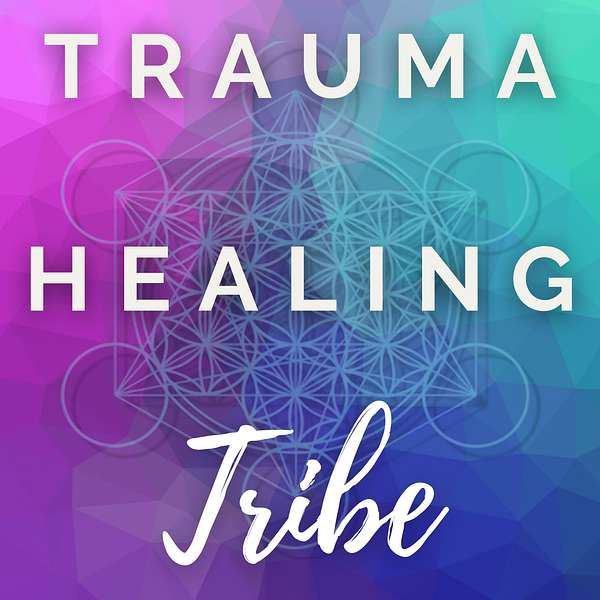
Trauma Healing Tribe
The official podcast of The Comprehensive Resource Model® for therapists and healing professionals. CRM is an advanced therapy integrating ancient wisdom and modern neuroscience to heal the multidimensional roots of trauma.
Trauma Healing Tribe
Opportunities For The Therapist To Evolve | Lisa and Elisa
•
Season 1
•
Episode 4
Elisa Elkin-Cleary and Lisa Schwarz join us to discuss the main points of opportunity for the therapist to evolve:
- The conscious and unconscious drive to become a therapist as a way of healing oneself, and the risk of unhealed mental health professionals working with clients.
- The responsibility on the therapist to do their own healing work
- The challenge to the therapist to heal the ruptures with self, nature, lineages that otherwise will limit and compromise the ability to help the client change.
- Healing root intolerable pains of the truths of life that drive defence response 'symptoms' and further pain, allows the client the choice to evolve. This can only be offered if the therapist has done this work themselves.
- Despite doing many years of therapy, the therapist may still have unhealed survival terrors and disruptions of attachment to self, the body, family, nature and lineages. This may impact ability of the therapist to stay embodied, and thus the client's ability to stay embodied.
- The need for embodiment during the therapy process to make the work 'stick' and to create the safety needed to move towards the painful roots of the client's system.
- The issue of the emphasis on emotional regulation and staying in the comfort zone in traditionally-taught therapy.
- How CRM provides safety and regulation which makes the discomfort of healing safe enough to create real change.
- How the therapist's attachment to the outcome of the work may be set up to mitigate their own fears and beliefs around failure, unlovability and need to be successful and 'ok', and how the session can be affected by the therapist's survival terrors and defences.
- How the CRM therapist is not the 'expert' on the client, but works alongside them, able to face the unknown and attune to what is actually in front of them.
- CRM supervision as a way of identifying what healing work the therapist needs to do to take their clients deeper
- The reality that we are all growing and evolving and learning from the complexities of each client, and the place of supervision as a loving and respectful opportunity for the therapist to evolve.
THE CRM® TRAINING & USEFUL LINKS
